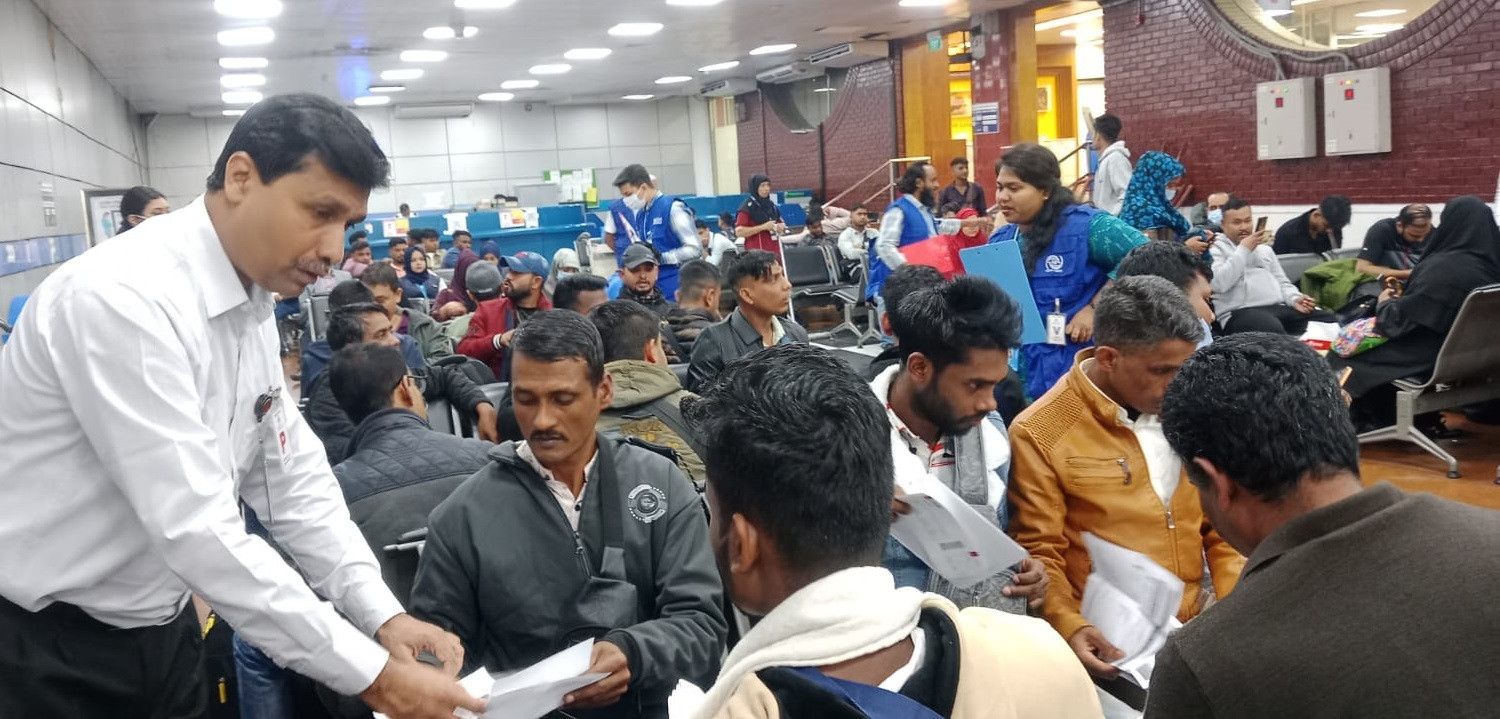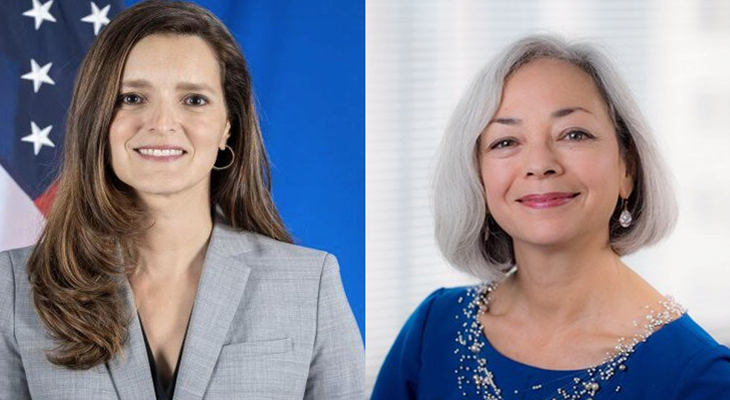When Muhammad A (Rumee) Ali was appointed the country head of ANZ Grindlays Bank Bangladesh in 1997, he might have searched for another Bangladeshi at the helm of any global company – be it at home or abroad.
Coveted top positions of multinational companies were in fact kept reserved for foreigners.
But now, more than 50 Bangladeshis head multinational companies in the country and abroad.
They are working in leading positions at multinational companies in various sectors, such as banking, telecom, pharmaceutical, tobacco, fast-moving consumer goods, and clothing.
Some of the most well-known names are Imran Khan, Dr Omar Ishrak, Lumat Ahmed, Abrar Anwar, Ata Safdar, and A (Rumee) Ali.
The number of Bangladeshis in leadership positions at multinationals began growing last year. That year, Dr Omar became the chairman of Intel board, Yasir Azman was appointed as the chief executive officer (CEO) at Grameenphone, and Mahtab Uddin Ahmed was appointed as a board member of Ncell Axiata Limited Nepal.
"Everyone in such roles has a story to tell and the stories have something in common," said Mamun Rashid, who was the managing director of Citibank NA Bangladesh for nine and a half years since 2001.
He said multinational companies always appoint local CEOs to facilitate local operations considering several aspects, such as a better understanding of the company's goal, mission, and vision; global outlook; local culture and consumer taste; reputation and emerging risk; and relationship with regulators.
The ability to serve the company is the first quality that multinationals look for when they hire CEOs, he said.
"In an increasingly globalised world, thinking outside the box, respecting core values of the company, upward management skills, reputation, the ability to get the best out of team members, and commitment to success are necessary to lead a multinational," he added.
In the last few years, multinational companies posted their officials abroad to help them gain overseas experience and are now offering them leadership positions in Bangladesh with a smart package, said Mamun, also a managing partner at PricewaterhouseCoopers (PwC).
He said more Bangladeshis would be appointed in leading positions in the coming days.
Berger Paints Bangladesh has a long history of appointing locals in the leadership position, said Rupali Chowdhury, the company's managing director since 2008.
She said they have a number of brilliant people in the pipeline to lead the company. She joined Berger in 1990 as the planning manager and has worked in various departments, such as marketing, sales, and supply chain and systems, in different supervisory capacities.
"I have cross-departmental experience in this company," she added.
Quoting American management expert Jack Welch, she said to develop a multinational in a new country, a foreigner has to head it for up to three years and should develop a local leader during this time for better localisation of the company.
Local officials know the taste of local customers better and also have better knowledge of local culture, laws, and regulators, she added.
Expeditors Bangladesh Country Manager and Managing Director Syed Ershad Ahmed said most of the multinational firms appoint locals in top positions, except for a few, like Chevron.
"Our young professionals are brilliant. They have the capability to lead multinationals," said Ershad, also the president of American Chamber of Commerce in Bangladesh.
Dr Lafifa Jamal, robotics and mechatronics engineering professor at the University of Dhaka, said the alumni of the university's computer science and engineering department are working in every tech giant, such as Google, Microsoft, Amazon, Facebook, Uber, and LinkedIn.
She said IT jobs were once dominated by Bangladesh University of Engineering and Technology (Buet) students but pupils of the University of Dhaka, Shahjalal University of Science and Technology, the University of Chittagong, and other engineering universities are also doing better now.
Most of the tech companies have recruiting hubs in India, but Bangladeshi students are doing better abroad as they do not have better opportunities here, she added.
Multinationals headed by Bangladeshis
In April 1997, A (Rumee) Ali became the country head of ANZ Grindlays Bank Bangladesh, which merged with Standard Chartered Bangladesh in 2002. He served Standard Chartered Bangladesh as the CEO for over two years.










